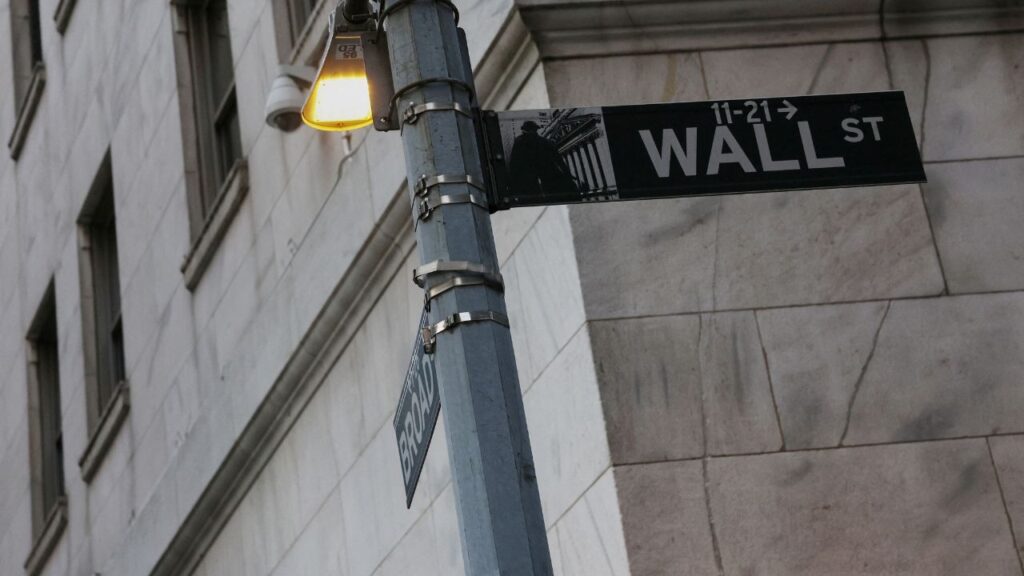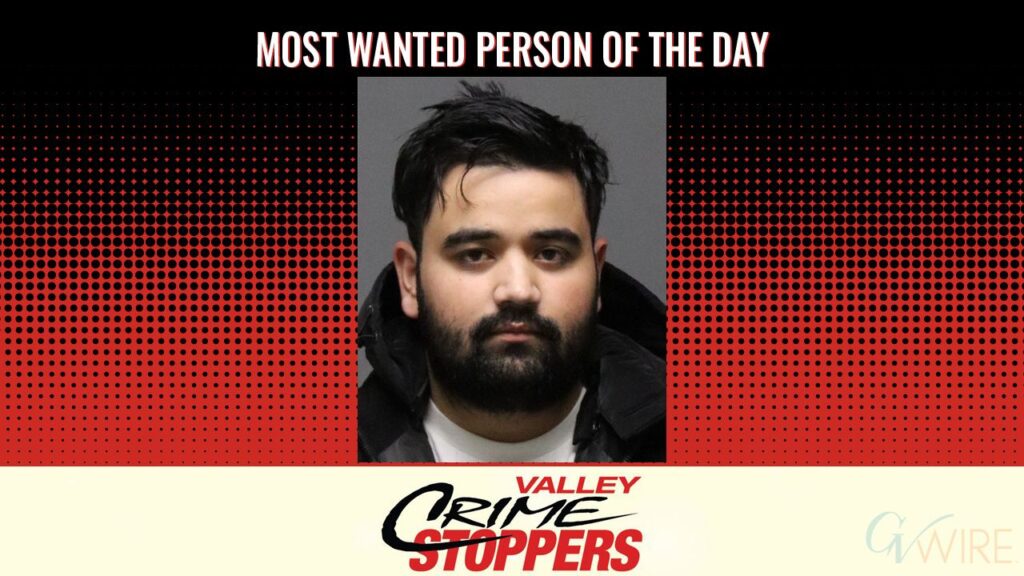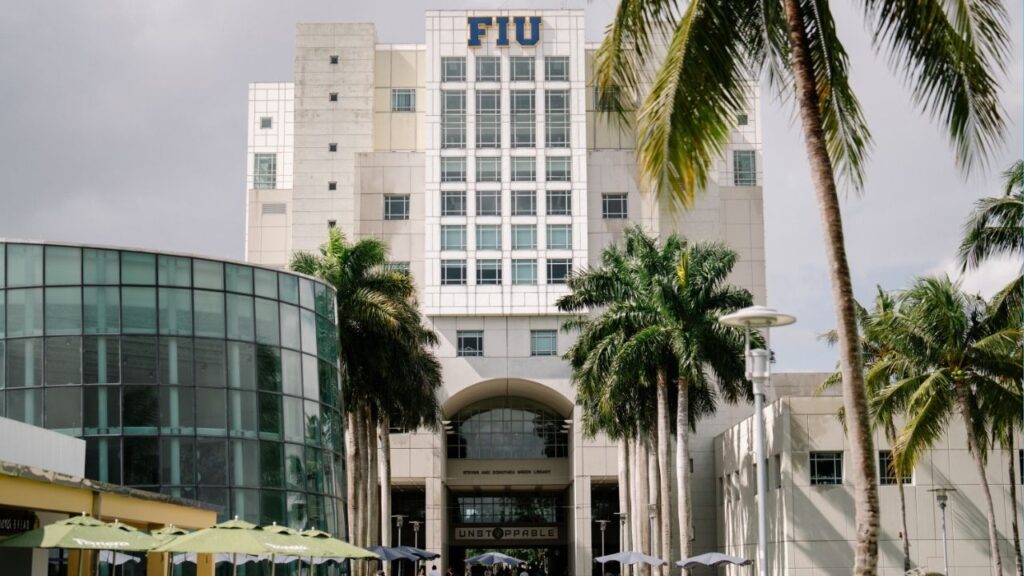Share
SAN FRANCISCO — After hours of emotional public testimony and a middle-of-the-night vote by Berkeley leaders, the progressive California city is moving forward with a novel proposal to replace police with unarmed civilians during traffic stops in a bid to curtail racial profiling.
The council voted for the committee to find ways to eventually cut the Police Department’s budget by half and approved an analysis of police calls and spending.
A tired but excited Berkeley Mayor Jesse Arreguin said he doesn’t expect a new transportation department overnight because conversations will be hard and detailed with complicated logistics to figure out. But he said communities of color in his city feel targeted by police and that needs to change.
“There may be situations where police do need to intervene, and so we need to look at all that,” he said. “We need to look at if we do move traffic enforcement out of the Police Department, what does that relationship look like and how will police officers work in coordination with unarmed traffic enforcement personnel?”
It’s believed the plan to separate traffic enforcement from police is the first of its kind in the U.S. and comes as many cities seek broad public safety reforms, including reducing law enforcement budgets, following the May 25 death of George Floyd at the hands of Minneapolis police. Fans of the proposal cheered its passage even as some called for greater cuts to police.
It could take months, even years, to create a new department, but police and other law enforcement experts rebuked the idea as dangerous, not only for traffic safety but for the people tasked with pulling over drivers, who they say can be dangerous.
Nine U.S. Police Officers Were Killed During Traffic Stops So Far This Year
“I think what Berkeley is doing is nuts,” said Mark Cronin, a director with the Los Angeles Police Protective League, a union for officers. “I think it’s a big social experiment. I think it’s going to fail and it’s not going to take long for, unfortunately, traffic collisions, fatalities to increase exponentially.”
Cronin, a former traffic officer, said cities can’t rely on unattended traffic signals or camera lights to catch bad drivers and that people are needed to educate motorists on safe driving. But those people also need backup and the authority to arrest should they encounter a driver who is intoxicated, armed and fleeing a crime, or wanted on other charges.
“Traffic stops are one of the most unpredictable and therefore dangerous duties of law enforcement. There is no such thing as a routine traffic stop and to perform them effectively and safely takes months of police training in and outside of an academy,” said Frank Merenda, a former New York City Police Department captain who is an assistant professor of criminal justice at Marist College.
Philip Stinson, a criminal justice professor at Bowling Green State University, called the idea an “overly simplistic plan that could have deadly consequences for unarmed traffic enforcement officers.”
Nine U.S. police officers were killed during traffic stops so far this year, according to data compiled by the National Law Enforcement Memorial Fund. Six were shot, and three were struck by vehicles.
Numerous studies have shown Black drivers are much more likely to be stopped by police than whites for minor traffic infractions, and the results sometimes can be deadly for the driver.
Berkeley Police Issued a Statement Wednesday Saying the Department Would Work With the Community
Philando Castile, for example, was fatally shot after the 32-year-old was stopped for a broken tail light in 2016 in Minnesota. Sandra Bland, 28, died in a jail cell three days after being stopped for failing to signal when changing lanes in Texas in 2015.
A 2018 report by the Center for Policing Equity, a research and advocacy group based in Los Angeles, found that Black and Latino drivers were stopped by Berkeley police at higher rates than whites.
Data analyses by the Stanford Open Policing Project at Stanford University also found that Black and Latino drivers were searched far more often than whites, but the searches turned up fewer drugs, guns and other contraband.
Berkeley police issued a statement Wednesday saying the department would work with the community “to determine how we can best evolve to accomplish our mission of safeguarding our community.”
Police unions for Los Angeles, San Francisco and San Jose issued a statement opposing the proposal. The Berkeley police union did not respond to requests for comment this week.
Arreguin, the mayor, said creating a new department is a phase-two development that’s at least a year away and would likely involve making changes to state law.
Traffic stops can be dangerous and require extensive training, said Chuck Wexler, executive director of the Police Executive Research Forum, a research organization that promotes best practices in policing. He also recognizes fairness and profiling are issues for law enforcement.
“At the end of the day, policymakers would have to ask themselves if this change accomplished their intended goals,” he said.
Categories



















